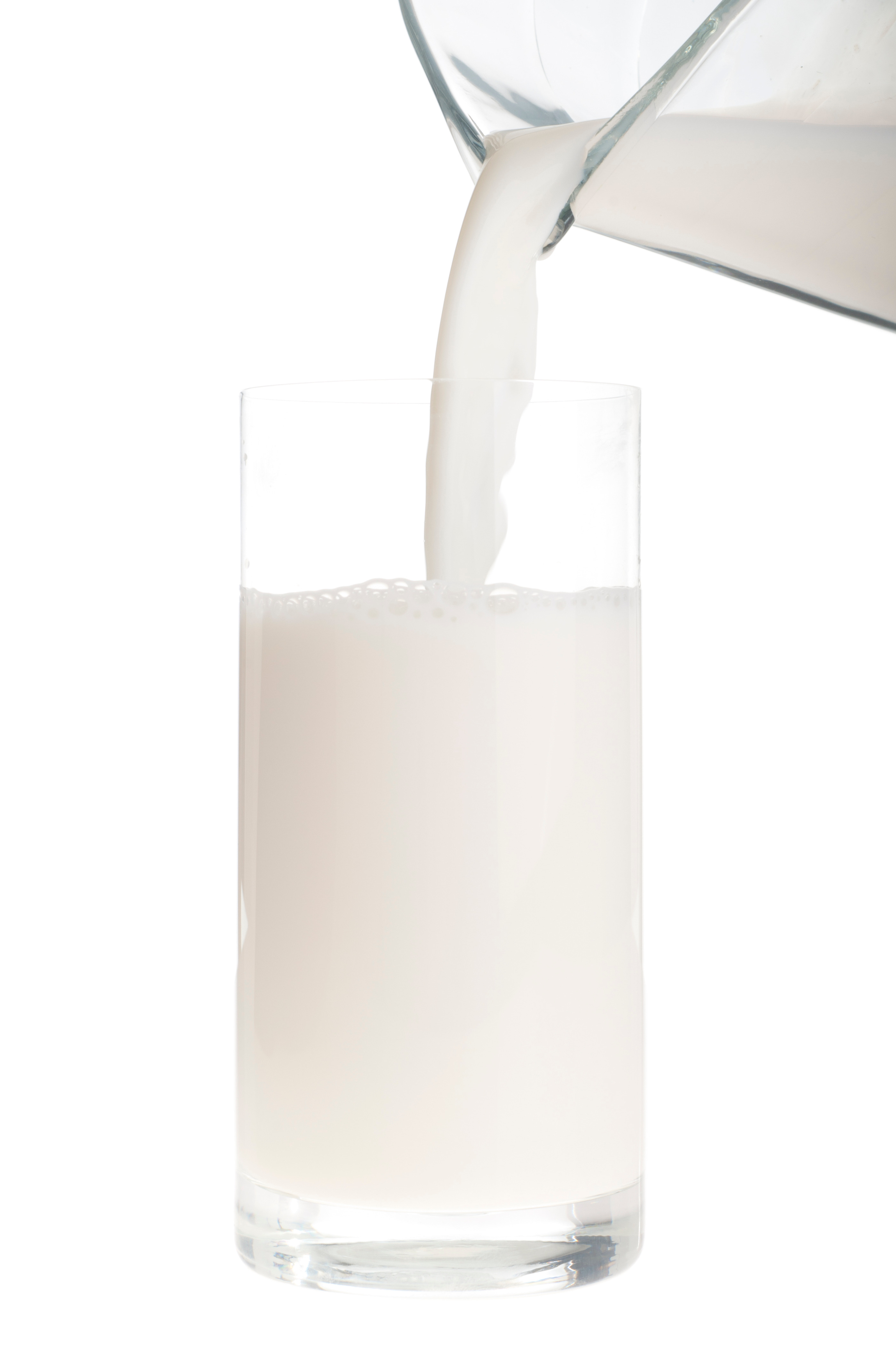Blog Categories
Recent Posts
- Home
- Is Raw Cheese Better For You?
Is Raw Cheese Better For You?
Posted by on
Don’t eat dairy. Do eat dairy. Eat cheese. Only eat raw cheese. It seems like everyone has something to say about your dairy consumption, but why? What’s behind all the noise about raw cheese? Is it REALLY better for you?
The cheese industry in the U.S. is huge -
Size, in this case, doesn’t mean giant corporations run the show. In many cases, artisan cheeses are prized highly and their industrialized competitors are considered inferior in flavor and quality. Artisanal and raw cheeses are still real food.
 How is Raw Cheese Made?
How is Raw Cheese Made?
Often made in small batches on family-owned farms, raw milk is kept at a low temperature and tested frequently for bacteria. The raw milk that is used to make raw cheese is not pasteurized, meaning it still has all the eight essential amino acids and “good” bacteria or probiotics in it that are needed to break down the milk.
According to the American Cheese Society, “Federal Department of Agriculture (FDA) regulations require that any cheese aged fewer than 60 days be made from pasteurized milk. Any cheese aged beyond 60 days, at 35 degrees or above, may be made from what is referred to as raw or non-pasteurized milk.
The minimum aging process, also known as fermentation, has been mandated by the FDA and state law to make sure any ‘bad’ bacteria or pathogens die out. The longer a cheese ages, the more flavor will develop. Most cheese is quite acidic, and will kill the ‘bad’ bacteria and retain an assortment of flavors – molds or good bacteria as it ages.”
But is Raw Cheese Best?
The types of cheeses produced in the United States by specialty, artisan, and farmstead cheese makers have increased dramatically in the last decade. Specialty cheeses can be made from goat, sheep or cow milk and usually include flavorings like herbs, nuts, spices, and fruits. The variety consumers can choose from is extensive.
Raw cheese is growing in popularity, and the presence of good bacteria makes it better for you…IF it’s made from raw, preferably organic, grass-fed animal milk. Raw cheese can be made with milk from goats, cows, or sheep, but must be properly prepared and aged.
What
makes it good? The probiotics that break down the milk! They also help your
digestion, improve your immune system, and keep you healthy. Cheeses made from raw milk, like meats taken from grass-fed animals, are much healthier than their corn-fed counterparts. They contain more omega-3 fats, conjugated linoleic acid (CLA), and numerous other nutritious components than their pasteurized counterparts, and are free of antibiotics and added growth hormones.
Image Credits: Graphic Stock
Information provided in this communication is not designed to and does not provide medical advice, professional diagnosis, opinion, treatment or services to you or to any other individual. This is general information for educational purposes only. The information provided is not a substitute for medical or professional care, and you should not use the information in place of a visit, call consultation or the advice of your physician or other healthcare provider. Wise Choice Marketing Inc is not liable or responsible for any advice, course of treatment, diagnosis or any other information, services or product you obtain through Wise Choice Marketing Inc.


 Loading... Please wait...
Loading... Please wait...













